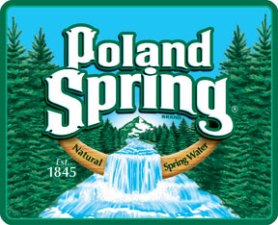Earlier today, the Supreme Court submitted its ruling that upholds the constitutionality of the Affordable Health Care Act or as we have come to know it, “Obamacare”. The overall costs of this act in terms of dollars will be hotly debated for years to come, especially in regards to individual mandates and expansion of Medicaid to cover unemployed and uninsured people. While there is some disagreement about some of the terms of Obamacare, one positive lies in the mandatory provision of preventive services, especially for women and children. This definitely fits into the category of a green initiative.
With this provision, many people, young and old,will get the opportunity to get medical services in a physician’s office rather than in the emergency room. This experience is important because an established doctor-patient relationship in an office carries with it an educational component. People with established relationships with medical professionals can attest to the availability of reading material available in the doctor’s waiting rooms regarding nutrition, exercise, hygiene, etc., as well as the videos that often are playing on the televisions. The wait time in the physician’s office is a dedicated learning experience. Also, the scheduled block of time for each patient provides opportunities to ask the physician or the assistants general health questions and to get referrals for ancillary services, such as counseling, support groups, etc. On the other hand, appearances in area hospital emergency rooms are often rushed due to the sheer number of people waiting to be seen.
Preventive services are very important because they incorporate a holistic approach to good health. They encourage us to make the connection between positive changes afforded by clean air, clean water, healthy diet, environmental changes and other green initiatives that help us to avoid health problems.
We also can expect to see hospitals and medical practices adopt practices to control the increased flow of visitors to their facilities. These initiatives include the increased use of visiting nurse practitioners and physicians to homes to treat chronically ill patients, the use of computers and video conferencing to maintain remote contact with patients to discuss their conditions and the introduction of more community counseling, lecture series and classes for patients to address health issues.
Obamacare definitely is a step in the right direction to educating citizens to live green, be green!

